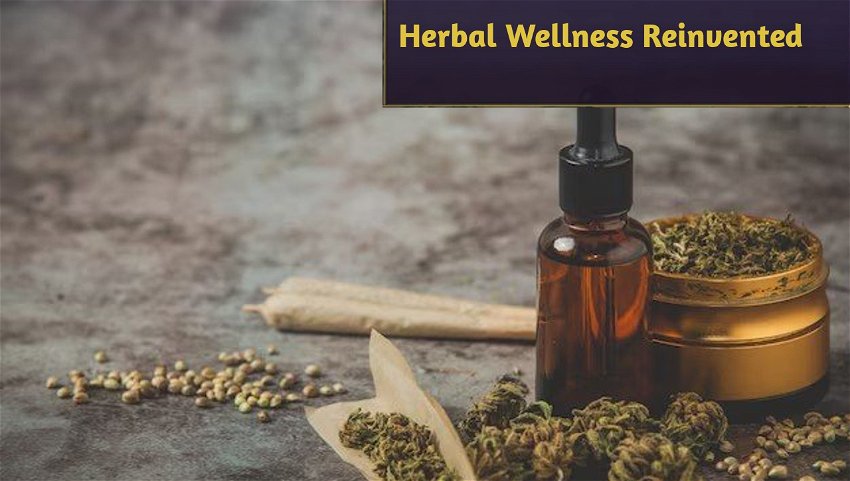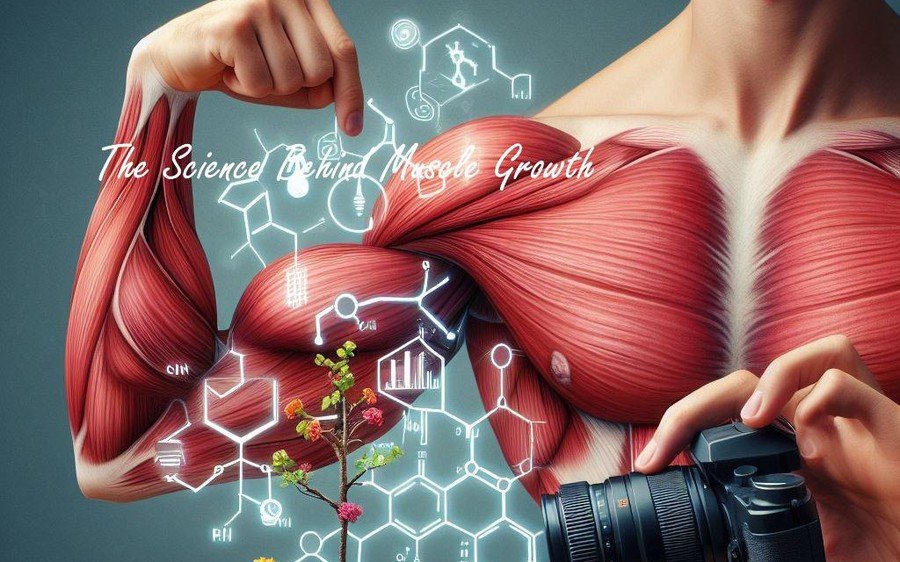In the current health-conscious era, individuals are increasingly turning to more natural alternatives for their wellness needs. Among these alternatives, private label herbal supplements have become a popular choice for many. They offer a unique blend of nature's bounty and scientific research to provide optimal health benefits. This article aims to explore the ever-evolving industry of private label herbal supplements, identifying emerging trends, analyzing custom formulation strategies, discussing quality assurance measures, and highlighting the importance of consumer education in this sector.
Herbal Health Trends: Identifying Growing Demand and Interest in Herbal Supplements
The global health landscape is constantly evolving, and one of the most significant trends is the growing demand for herbal supplements. This is not a fleeting fad, but a substantial shift in consumer behavior driven by a growing awareness of health and wellbeing. The trend is also boosted by the increasing credibility of herbal medicine in the scientific community, with numerous studies validating the efficacy of various herbs for health improvement.
Herbal supplements, particularly private label herbal supplements, are experiencing unprecedented growth. Private label products allow businesses to offer consumers high-quality, scientifically-backed herbal supplements under their own brand name. This gives companies the opportunity to build their brand reputation while also meeting the growing consumer demand for natural health products. The global private label market is projected to reach USD 161.4 billion by 2027, demonstrating the enormous potential of this sector.
The interest in herbal supplements is not limited to any particular demographic. People of all ages, from millennials to baby boomers, are turning to herbal supplements to improve their health and wellbeing. Whether it's for boosting immunity, improving digestive health, enhancing mental clarity, or managing stress, there's a herbal supplement for almost every health need. This wide range of applications further fuels the demand for these natural products.
Custom Formulations: Developing Unique Herbal Blends to Address Specific Health Needs and Goals
Private label herbal supplements are not just about repackaging existing products under a new brand name. They offer businesses the opportunity to create custom formulations that are tailored to address specific health needs and goals. This is a significant advantage in a market where consumers are increasingly seeking personalized health solutions.
Developing a custom herbal blend involves a meticulous process. It starts with identifying the health need or goal, followed by researching and selecting the appropriate herbs that can address this need. This process requires an in-depth understanding of herbal medicine and the various health benefits of different herbs. The chosen herbs are then combined in precise proportions to create a synergistic blend that maximizes their health benefits.
Quality is of paramount importance in custom formulations. The herbs must be of the highest quality to ensure their efficacy. Moreover, the production process must adhere to strict quality standards to ensure the safety and potency of the final product. This requires rigorous testing of the raw materials and the finished product, as well as stringent quality control throughout the production process.
Quality Assurance: Ensuring the Purity, Potency, and Safety of Herbal Supplement Products
Quality assurance is a critical aspect of private label herbal supplements. Consumers are becoming increasingly savvy about the products they consume and are demanding transparency and accountability from manufacturers. Hence, ensuring the purity, potency, and safety of herbal supplement products is not just a regulatory requirement, but also a business imperative.
Purity refers to the absence of contaminants in the product. This requires rigorous testing of the raw materials for contaminants such as heavy metals, pesticides, and microbiological threats. Potency refers to the strength or effectiveness of the herbal ingredients in the product. This is ensured by using high-quality herbs and adhering to precise formulation processes.
Safety is another key aspect of quality assurance. This involves assessing the potential health risks of the herbal ingredients and ensuring that they are safe for consumption. It also includes monitoring and managing any potential side effects or interactions with other substances.
Quality assurance is not a one-time process but a continuous effort. It requires regular monitoring and testing, as well as periodic reviews and updates of quality standards and processes. This ensures that the products consistently meet the highest quality standards and deliver the promised health benefits to consumers.
Consumer Education: Providing Information and Resources to Educate Consumers About Herbal Supplements
While the demand for herbal supplements is growing, there is still a significant knowledge gap among consumers about these products. Many consumers are unsure about the benefits of different herbs, the right dosage, possible side effects, and how to choose a high-quality supplement. Hence, consumer education is a crucial aspect of the private label herbal supplements industry.
Consumer education involves providing accurate and comprehensive information about herbal supplements. This includes information about the various herbs and their health benefits, how to use herbal supplements safely and effectively, and how to choose a high-quality product. It also involves dispelling common myths and misconceptions about herbal medicine.
Consumer education is not just about providing information, but also about fostering trust and building relationships with consumers. It involves engaging consumers in meaningful conversations about their health needs and concerns, and offering personalized advice and solutions. This not only empowers consumers to make informed health decisions, but also builds their trust and loyalty towards the brand.
In conclusion, private label herbal supplements represent a dynamic and promising sector in the global health market. With the growing demand for natural health solutions, the potential for growth and innovation in this sector is immense. However, success in this sector requires not just offering high-quality products, but also educating consumers and building their trust and loyalty.










— 评论 0
, 反应 1
成为第一个发表评论的人